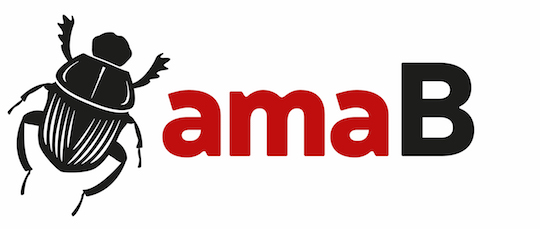amaBhungane & International Consortium of Investigative Journalists
Picture: ICIJ
The basic data from the “Panama Papers” will be released publicly on May 9, the International Consortium of Investigative Journalists (ICIJ) announced on Tuesday.
The ICIJ worked with journalists across the world, including amaBhungane in South Africa, to trawl and investigative stories in the vast data trove after it was leaked to the Suddeutsche Zeitung.
Now, the basic details of more than 200 000 offshore entities – including in many instances their true owners – will be searchable directly by the public.
The data was leaked from Mossack Fonseca, a Panama law firm and top player in the offshore world. It contains information about companies, trusts, foundations and funds incorporated in 21 tax havens and links to people in more than 200 countries and territories.
The public database, which will go live at https://offshoreleaks.icij.org at 8pm South African time on May 9, will also include information about more than 100 000 additional companies that were part of the original 2013 ICIJ Offshore Leaks investigation.
While the database opens up a world that has never been revealed on such a massive scale, the application will not be a “data dump” – it will be a careful release of basic corporate information that ought to be public and transparent.
ICIJ won’t release personal data en masse; the database will not include records of bank accounts and financial transactions, emails and other correspondence, passports and telephone numbers. The selected and limited information is being published in the public interest.
Meanwhile ICIJ and its media partners will continue to investigate and publish stories in the weeks and months to come.
The Panama Papers investigation revealed the secret offshore dealings of world leaders and other politicians as well as criminals and celebrities. It exposed the role of big banks in facilitating secrecy and tax evasion. And it showed how companies and individuals blacklisted for their links to terrorism, drug trafficking and other crimes were able to do business through offshore jurisdictions.
Since its release, the Panama Papers investigation has led to high profile resignations, including the prime minister of Iceland; triggered official inquiries in multiple countries; and put pressure on world leaders and other politicians, such as Britain’s Prime Minister David Cameron, to explain their connections to offshore companies.
Locally, it has shed light on the allegations against alleged corporate fraudster Gary Porritt and help lift the veil on the award of Congolese oil blocks to two mysterious offshore companies fronted by Khulubuse Zuma, the president’s nephew.
The leaks have sparked a new sense of urgency among lawmakers and regulators to close loopholes and make information about the owners of shell companies public.

The amaBhungane Centre for Investigative Journalism produced this story. Like it? Be an amaB supporter and help us do more. Know more? Send us a tip-off.